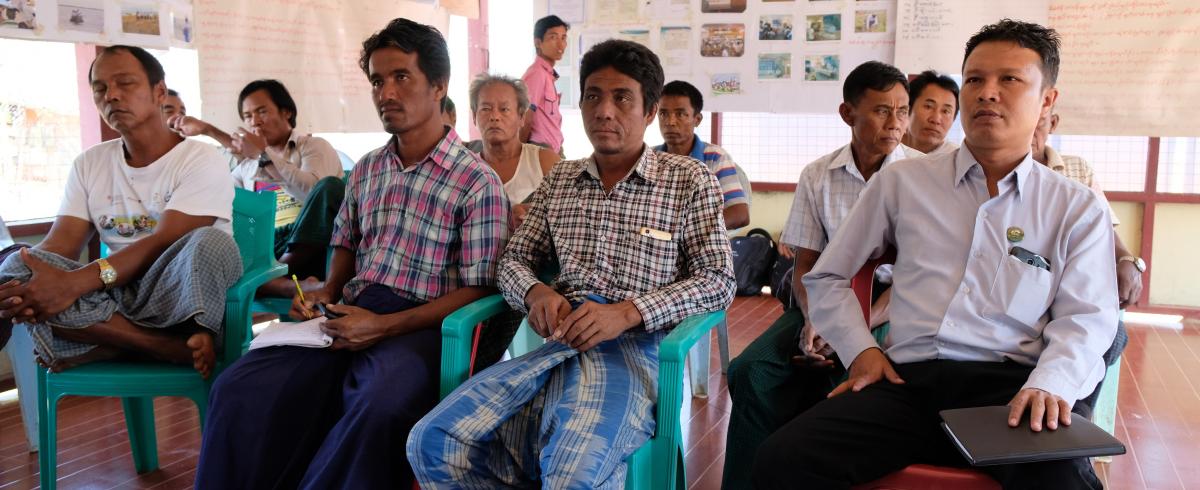"Pagbalud" (When the Waves Swell)
In this video, Exec. Dir. of the Guiuan Development Foundation was featured as an exemplary scientist and community development worker who transcends science to coastal communities to attain sustainability of resources. This film topped the S&T Professional Category in the 2nd Philippine Indie-Siyensya Filmmaking Competition in 2017

